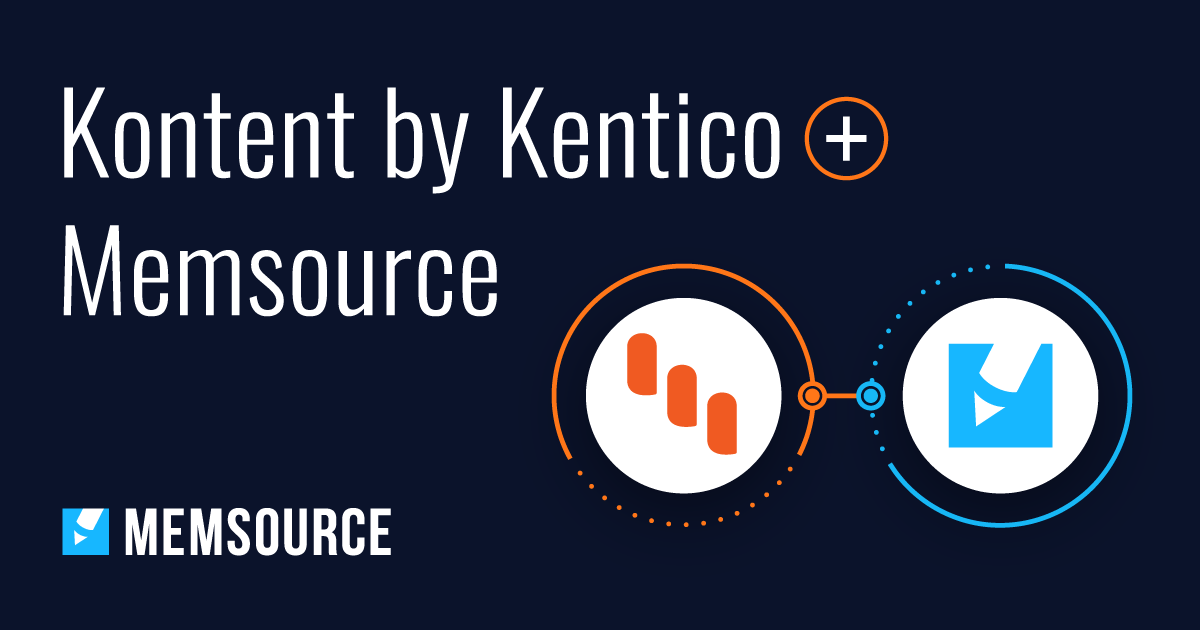
Blog
Machine Translation Report
What is the optimal MT Engine for you? Find out in the latest MT Report by Memsource.
“In my opinion, technology will never replace translators because languages are very fluid and are constantly changing,” says Elizabeth Nowicki, one of the three students who shared with us their views on current trends in the market and offered us some interesting insight into their translation student life.
Elizabeth is from Chicago, Illinois and is majoring in Linguistics and East Asian Languages & Cultures at the University of Illinois at Urbana-Champaign. She’s a native speaker of English and Polish and has also studied Japanese since high school. Elizabeth is currently working on a Translation Certificate and is fascinated by the fluidity of language.
How has the relationship between translators and technology developed in the past few years?
I think that technology has changed a lot in the past few years and it has changed for the better. I remember using Google Translate only a few years back in high school and the results used to be very poor. However, there has been a really noticeable improvement. The translations I am getting are no longer simply replacing word for word from the source language, but they make sense in the target language.
Do you think that technology will replace translators or it will help them to be more effective in their work?
In my opinion, technology will never replace translators because languages are very fluid and are constantly changing. Technology can’t update as fast as humans, but I believe it’s extremely helpful. I’ve been using several translation softwares, including Memsource, and it’s very useful to have a baseline starting point, such as a termbase. It definitely helps having that guidance and makes future projects go a lot faster.
For which languages did you use Google Translate?
For Polish, Russian and Japanese. For Japanese, I have noticed that the word choice in Google Translate has improved greatly over the past few years and I think that’s because of the amount of data that is being fed into it. The logarithms and algorithms they use for translating the sentence structure are slowly getting better as well, but it’s not there a hundred percent yet.
Do you think it’s important to keep up to date with industry trends or technologies?
Without a doubt. If you want to be competitive as a freelance translator, you need to be well versed in all the technologies that are available on the market.
Is studying translation enough for working as a translator or do you have to specialize in a particular field?
Only studying translation is not enough. You don’t necessarily need to specialize in a particular field, but you need to read up on the subject. For example, I had a translation project on the topic of telehealth from Japanese to English and I knew nothing about the subject. It was very difficult for me to find the correct words. I had to do a lot of reading on the topic and would not have been able to deliver a good translation without this additional learning.
Do universities in the United States prepare translation students well for their careers?
Every university is different, but in general, I feel they could do better. For example, in our studies we tend to focus on English, because everybody translates into it, but we can’t consult anyone about the meaning in the source language. On the other hand, we get excellent training in CAT or subtitling tools. Overall, I feel that the technical teaching is good, but there is less focus on language practice. I find programs that focus more on your specific language pair more useful.
Do they teach you the soft skills, for example how to approach potential employers?
On a number of occasions, our university invited professionals that work at the EU for short seminars. However, this was organised outside of teaching hours and we had to dedicate our personal time to this project. We don’t have any classes that would help us gain this type of skills.
Why did you decide to become a translator?
I had always been interested in linguistics. I wanted to see how good a translator I could be and if I would enjoy it.
Have you already selected your areas of expertise?
No. One of the reasons is because I am an undergraduate student. As a graduate student in the program, you are able to choose between interpreting and translation and within those fields, a specialty.
Let me ask you about Japanese, because that’s a language I know nothing about. Is there some interesting thing or challenge when translating from Japanese to Polish or English?
Yea, sometimes you don’t know what tense to put things in in English because Japanese doesn’t really have a future tense per se. On top of that, sometimes Japanese sentences have no subject so you can’t figure out who the subject of the sentence is. In English you always have a subject like “I” or “she”, but in Japanese it’s not explicitly written and it’s really difficult to figure out who the actual subject is from the context.
What’s the biggest translation challenge that you have faced so far?
I find literary translation to be very hard. It’s difficult to make a story flow without being a writer. You have to maintain the storyline and make sure everything makes sense. You also have to make sure not to give too much away – foreshadowing is really hard to translate. You have to know what’s going to happen in order to make it sound correct and appealing in the target language, but you mustn’t give it away. And the most difficult part is revision – it’s very time consuming and can feel endless. In some cases, it can take longer than the actual translation!
Are there any other challenges that you can think of?
Cultural references come to mind. Recently, I worked on a translation from Japanese where a famous baseball player was mentioned. Since it would be unlikely that an English reader would be familiar with this person, I had to add extra information including his full name, the name of his team and even his nickname, which was Tornado. It became relevant when I was translating a scene where the main character was standing on a roof and a thunderstorm, comparable to the power of Tornado’s skills, was approaching. I had to add this information to help the reader.
Professors - would you like to give your translation students a head start in their careers? Contact Filip to set up a Free Academic Edition for your university!
Translation students - would you like to share your thoughts about the translation industry with us too? Get in touch now!



